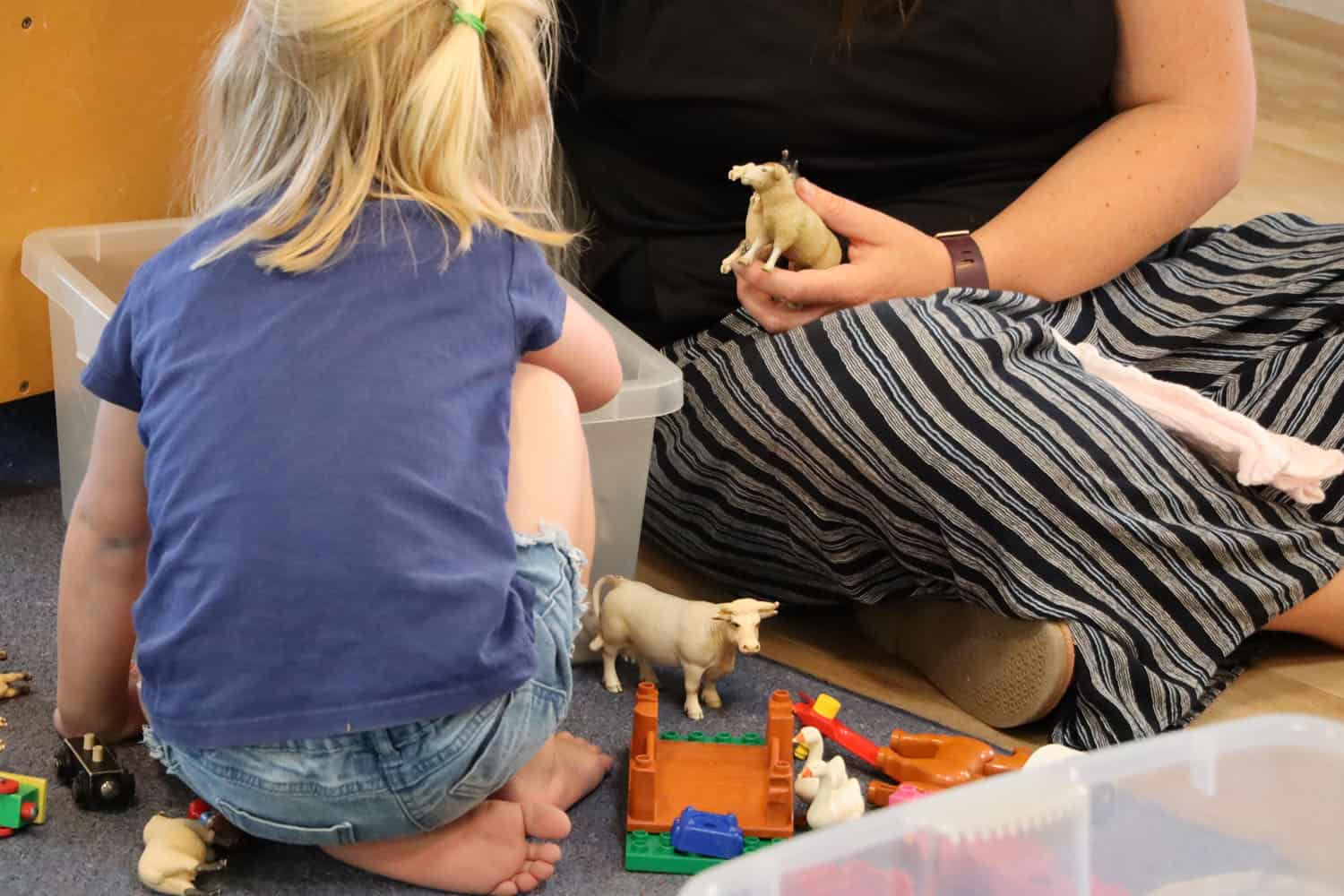Evidence on staff qualification level.
Previous research has demonstrated a strongly positive link between staff in the teacher:child ratio with higher levels of general education and specialised training in early childhood care and development. On the whole staff with specialised training in early childhood education and childcare have been found to engage in warmer, less authoritarian, and more positive interactions with children than unqualified staff.
The study presented below is one of the first to provide evidence on what level of staff training qualification in ECE results in better learning outcomes for children.
It examined data on children’s achievement levels at school and compared this to the training qualification level of staff in the centres the children had earlier attended.
Staff qualification level
The researchers discovered that Australian children whose ECE teachers held an ECE diploma or degree qualification performed better at numeracy, reading and spelling when they were in Year 3 at school. But children whose early childhood centre teachers held only a certificate or no relevant childcare qualification at all were “indistinguishably similar” to children who did not attend ECE in the year prior to starting school.
The study published by the Melbourne Institute of Applied Economic and Social Research in 2013 involved a detailed analysis of the NAPLAN results of 2229 year 3 school students against their early childhood education experience as recorded by a federal government long-term study of Australian children.
NAPLAN stands for the National Assessment Program – Literacy and Numeracy. Every year, students in Years 3, 5, 7 and 9 in all Australian schools are assessed using common national tests in of numeracy, reading, writing and language (including spelling, grammar and punctuation).
Full reference:
Warren, D. & Haisken-DeNew, J.P. (2013). Early Bird Catches the Worm: The Causal Impact of Pre-school Participation and Teacher Qualifications on Year 3 National NAPLAN Cognitive Tests. Melbourne Institute Working Paper Series, Working Paper No. 34/13. Melbourne: Melbourne Institute of Applied Economic and Social Research.









